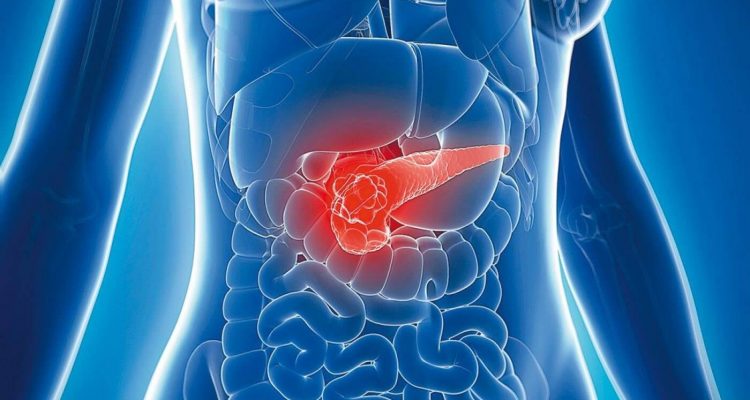
7 signs of pancreatic cancer that are often ignored
0
Pancreatic cancer is a disease that is a “silent killer”: here are seven of its symptoms that, according to experts, are easy to miss and therefore often ignored.
Unfortunately, most cases of pancreatic cancer cannot be prevented. At the same time, you can reduce your risk of developing the disease by maintaining a healthy weight, quitting smoking, and limiting your alcohol intake.
Other risk factors include chronic pancreatitis and a family history – these also need to be monitored. Experts also named several signs of pancreatic cancer that are often ignored.
Digestive problems.Experts say that unexplained digestive problems can be one of the signs of pancreatic cancer:
“Poor appetite, bloating, indigestion, nausea are common in people with pancreatic cancer.”
You may also notice darker urine, and stools that are lighter, fattier, and stickier than usual.
Weight loss. If the pancreas is not functioning properly due to cancer, food may not be digested properly. You may lose weight and muscle mass, as well as feel tired.
Jaundice. Yellowing of the skin and eyes in the case of pancreatic cancer is accompanied by itching of the skin, darkening of the urine.
Diabetes.Many people are not aware that diabetes can be a symptom of pancreatic cancer. This is especially true if diabetes is diagnosed suddenly at the age of 50 or older in a person who is not overweight or has a history of bad habits. People who have had diabetes for more than five years are also considered to be at a slightly higher risk of developing this cancer.
Abdominal pain. Patients describe it as a dull ache that may start in the stomach area and spread to the back, worsen when lying down, and ease when sitting, leaning forward. Severe pain may be felt after eating.
Smoking. According to doctors, people who smoke are twice as likely to develop pancreatic cancer as those who do not smoke. It is believed that up to 30% of cases of exocrine pancreatic cancer (the most common type of pancreatic cancer) are related to smoking.
Excessive weight. The risk of developing pancreatic cancer increases if a significant weight gain occurs in adulthood. In turn, excess weight around the waist can be a risk factor for this cancer even with a small excess of fat. Regarding general obesity, with a body mass index (BMI) of 30 or more, the likelihood of developing pancreatic cancer increases by about 20%.









Leave a Reply